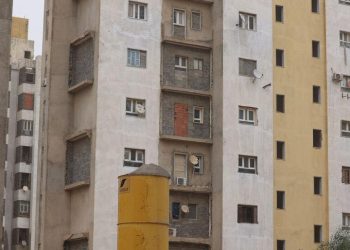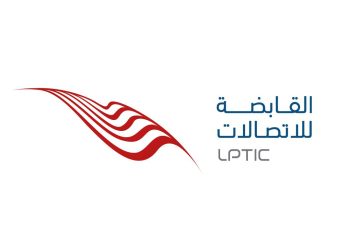By Sami Zaptia.
Tripoli, 1 August 2014:
Despite social media attempts to galvanise support for a large demonstration in Tripoli’s Martyrs’ Square yesterday . . .[restrict]and today, following on from those that had started earlier in Benghazi, the effort failed to precipitate into a massive show although by later evening more people had turned up.
The demonstrators were demanding that all militias leave Tripoli and end the fighting and called for a strong state with a regular police and army.
In reality, a combination of factors succeeded in quelling the demonstrations, the most important of which has been the shortage of petrol. It is worth noting that in reality Tripoli has not had normal petrol supply for the best side of a month – well before the fasting month of Ramadan.
Most Tripolitanians have been saving fuel during this time for necessary trips and emergencies – including the contingency of having to dash the 200-kilometre two-hour drive to the Tunisian border. “I have not started my car for a week”, a regular reader told the Libya Herald. “I have less than a tank and I am not sure when I am going to get petrol next”.
Numerous promises by Tripoli Municipal Council to provide security for petrol stations in order to open up and distribute petrol that is apparently available have failed to materialise. The four petrol stations nearest to the Libya Herald offices, for example, have been closed for the best part of a month. Two have disconnected their hoses and petrol guns and one has completely disassembled its petrol pumps as well as built a one metre high wall to block its entrance.
The most hardcore and politically active demonstrators, mainly youth, launched a series of demonstrations all the way from Tajura, Suq Al-Juma, Hani, via Dahra and Jumhuriya Street leading to a few hundred eventually meeting briefly in Martyrs’ Square.
The shortage of petrol has made Tripoli into something of a ghost town. For example, there was not a fish to be bought early this morning at the fish market. On a Friday morning, the market is usually heaving with buyers with long waiting times at the fish cleaners.
The abnormally empty streets have created an eerie atmosphere which has further discouraged many from venturing out. There is also the perception that there is a security vacuum, and that venturing out might increase the risk of robbery or car-jacking.
In reality that is still only a perception in central and residential areas. There has not been a total breakdown of law and order in most central districts. The areas perceived to be unsafe are the areas linked with the presence of the two blocs of militias such as Airport Road, Hay Akwakh (metal bridge), some areas of Seraj, some areas of Janzur, Swani Road, Kremia and Wadi Rabea. [/restrict]








